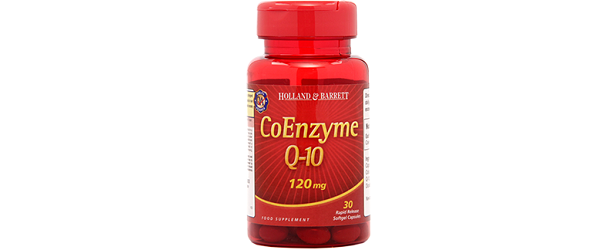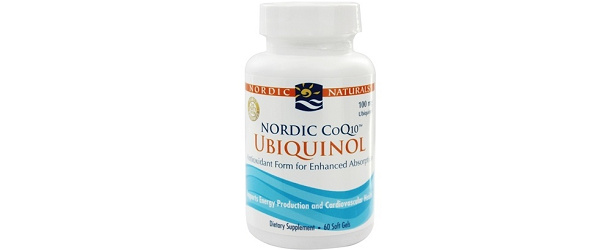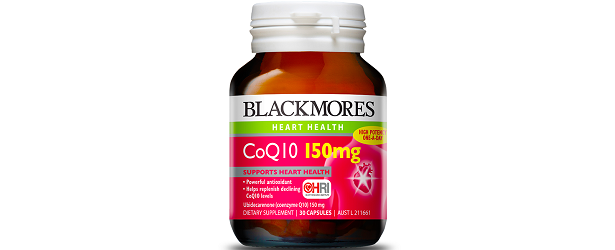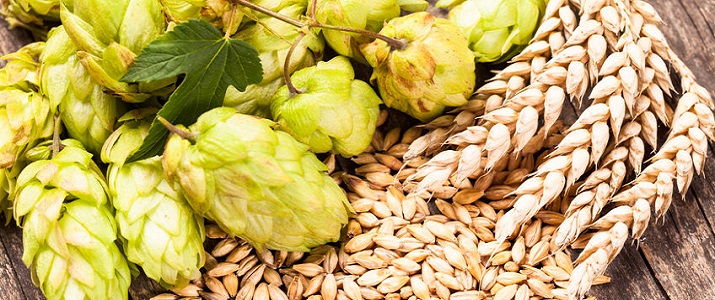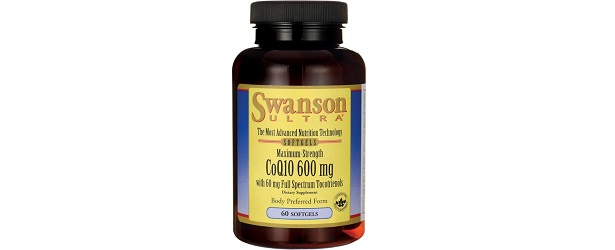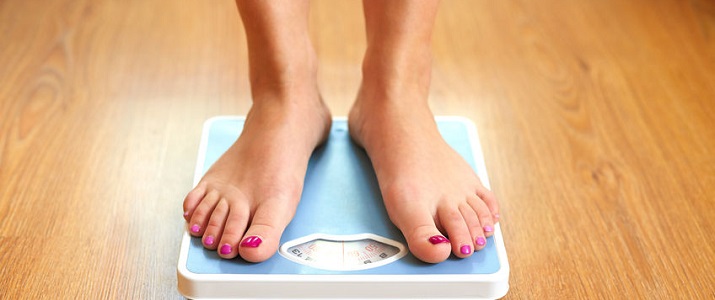
CoQ10 For Skin Heatlh
Officially known as Coenzyme Q, CoQ10 is a coenzyme that occurs naturally in every cell of your body. CoQ10 lives in your mitochondria, which is the part of the cell that produces energy and is believed to prevent oxidative stress and energy production. Although your body naturally produces CoQ10, stress and aging can decrease your levels of CoQ10 which can cause your cells to decrease their ability to withstand stress and to regenerate. Evidence has shown that supplementing CoQ10 can treat Parkinson’s disease, heart disease, and high blood pressure. Studies have found that CoQ10 may also possible improve the condition of your skin and support weight loss. This article is going to take an in-depth look at these claims to determine whether or not they are valid and how to take CoQ10 in a way that will maximize these benefits.
Skin Benefits
Collagen is a long chain amino acid and is responsible for skin’s elasticity and hair strength. As you age, your skin loses collagen which causes the skin to become wrinkled and loose. By restoring collagen levels in your skin, collagen can help reverse the signs of aging. Now, how is collagen and CoQ10 connected? Women over the age of thirty have lower CoQ10 levels and those levels decrease as you age. Lack of CoQ10 can result in the impeded ability for your body produce collagen and elastin. Supplementing with CoQ10 can raise your collagen levels and help restore your skin’s firmness and youth. An additional benefit of CoQ10 is that it acts as a strong antioxidant which can help neutralize harmful free radicals that cause the skin to look aged. The decline in CoQ10 levels caused by aging can make your skin more susceptible to damage caused by free radicals. Studies have found that using a topical anti-aging cream that contains CoQ10 can penetrate the skin deeply enough to help restore levels to your skin to help reverse and fight signs of skin aging.
Weight Loss
One of CoQ10’s primary functions is to assist in the production of energy. Having a deficiency can cause lower energy levels and decrease your metabolism. Experts believe that the reason why older people have a harder time losing weight is that CoQ10 levels decrease with age. Studies have found that CoQ10 deficiencies are often linked in cases of obesity. Patients who supplemented with CoQ10 had an easier time losing weight. CoQ10 can help decrease body fat while also boosting your energy levels by supporting your body’s ability to convert food into energy.
It is possible to supplement CoQ10 through your diet with foods like organ meats and lentils, although to ensure that you are getting an effective daily amount it can be easier to supplement. Talk to your doctor to help you manage your CoQ10 supplementation and to help you find an effective and safe way to improve the condition of your skin or to help you lose weight.
TOP 5
COQ10Treatments |
|||||
| CoQ10 Pure | Nature Made CoQ10 | Piping Rock Absorbable CoQ10 | Source Naturals CoQ10 | Natural Factors Coenzyme Q10 | |
|---|---|---|---|---|---|
| 1 | 2 | 3 | 4 | 5 | |
| Price (1 bottle) Price (6 bottles)best value |
$49.95 $139.70 |
$30.49 $182.94 |
$25.49 $139.77 |
$28.45 $170.70 |
$49.99 $299.94 |
| Overall Rating | 99.50% | 90.20% | 89% | 87.89% | 87% |
| Effectiveness |





|





|





|





|





|
| Speed of Results | Extremely Fast | Good | Average | Slow | Slow |
| Quality of Ingredients | Premium | Good | Good | Average | Average |
| Customer Satisfaction Evaluation | 99.40% | 92% | 89.78% | 88.23% | 87% |
| Safety Evaluation | Safe for Use | Safe for Use | Safe for Use | Safe for Use | Safe for Use |
| Customer Service Rating |





|





|





|





|





|
| Reorder Rate | Highest | Good | Good | Average | Average |
| Return Policy | Risk Free | Risk Free | Risk Free | No | No |
| Success Rate | 99.40% | 78% | 78.50% | 74.20% | 60% |

 Subscribe Now
Subscribe Now





